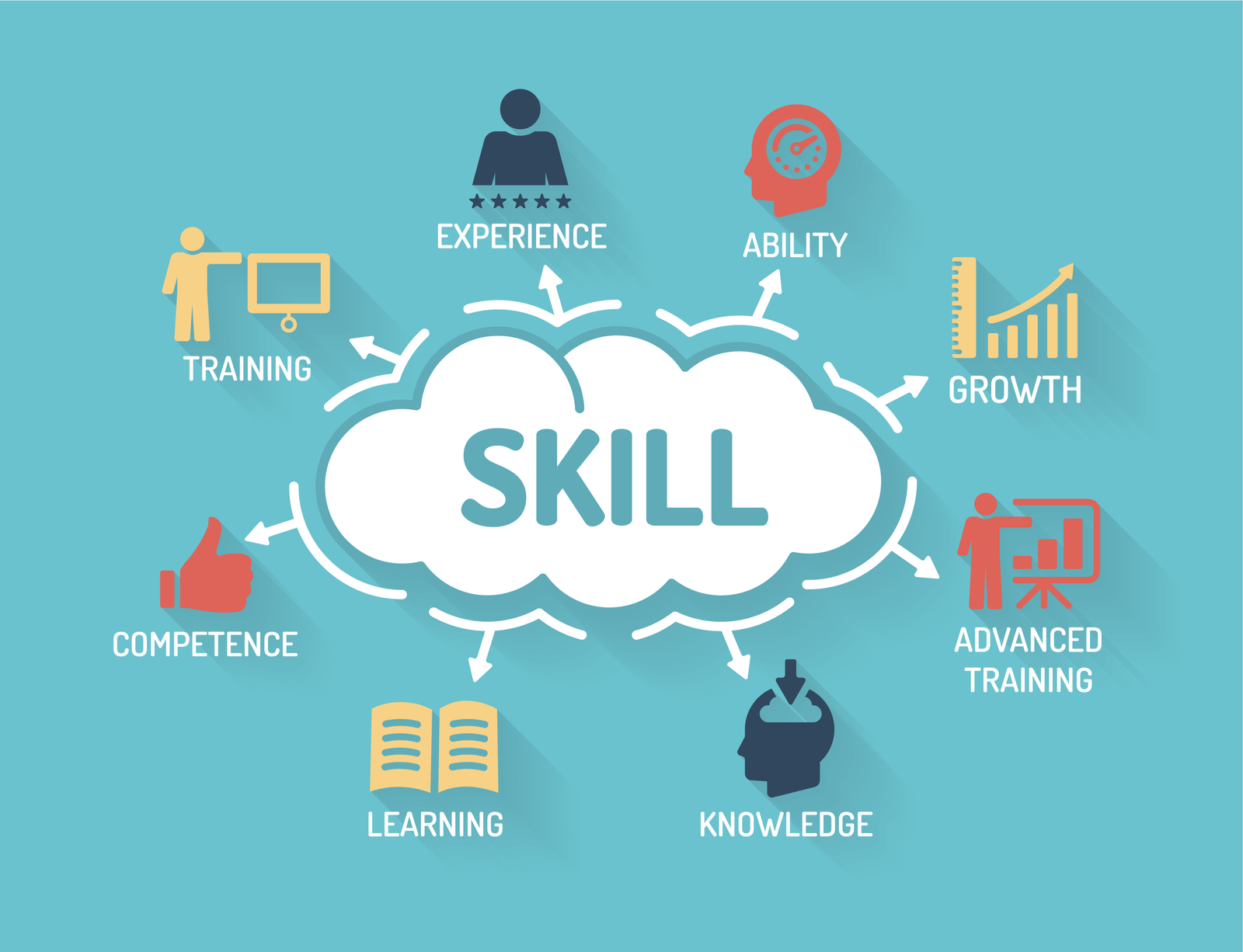Soft Skills Training The main goal of soft skills training is to help you cultivate the interpersonal abilities and skills necessary to collaborate well with others and successfully handle a variety of social and professional settings. These competencies are essential for success in the job and beyond and serve to supplement technical capabilities.

Communication Skills:
Speaking with effectiveness and clarity.
Recognizing expressions on faces and bodies.
focusing intently, comprehending, and intelligently reacting to others.
writing reports, emails, and other written materials in an understandable and expert manner.
Emotional Intelligence
Understanding your feelings and how they affect you.
Controlling your feelings in different circumstances.
Recognizing and acknowledging other people’s emotions.
establishing connections and running social networks.
Teamwork and Collaboration
navigating and settling conflicts in a positive way.
Adapting to novel circumstances and methods of operation.
assigning duties and responsibilities in an efficient manner.
motivating and inspiring colleagues.

Problem-Solving and Critical Thinking
evaluating circumstances and information to arrive at wise choices.
generating creative concepts and solutions.
selecting wisely by weighing your options.
Time Management
recognizing and concentrating on critical activities.
Organizing your work and controlling due dates.
Effectively allocating your time and assets.

Leadership and Management
establishing objectives and creating plans.
assigning duties and responsibilities in an efficient manner.
mentoring and fostering the growth of others.
Networking and Relationship Building
building relationships and trust with others.
keeping up connections and growing your professional network.
negotiating and honoring a range of ethnic origins.
Customer Service and Client Relations
determining and meeting the needs of the client.
successfully handling and resolving client difficulties.
building dependable and solid client connections.

Conclusion
Putting money into soft skills training promotes improvement in client relations, team cohesion, and career progression in addition to individual growth.
FAQs
Why are soft skills important?
Soft skills are essential since they improve your capacity to collaborate well, handle obstacles at work, and conduct social interactions in an appropriate manner. They help foster stronger professional relationships, greater teamwork, and better leadership—all of which have a big impact on job satisfaction and career success.
Can soft skills be developed through self-study?
Yes, a lot of soft skills may be acquired through independent study with the aid of practice exercises, books, and online courses.
How can I apply what I’ve learned in training to my job?
Practice new skills in authentic work environments to put what you’ve learned to use. Look for chances to lead projects successfully, handle disagreements in a positive way, or employ enhanced communication skills.
What are some common challenges in training?
Typical obstacles include participant disengagement, resistance to change, and difficulties implementing skills in practical settings.
How do I identify which soft skills I need to improve?
Evaluate your present skill set via performance assessments, peer or supervisor input, and self-reflection. Take into account the requirements of your sector and function as well. Common areas to concentrate on are leadership skills, emotional intelligence, and communication.
What methods are used in soft skills training?
One-on-one coaching, case studies, online courses, workshops, seminars, and role-playing exercises are some of the ways that soft skills training can be provided. Participant preferences and training objectives determine the method of choosing.



